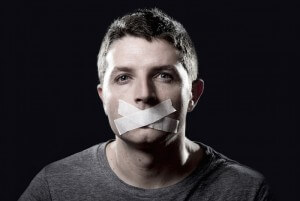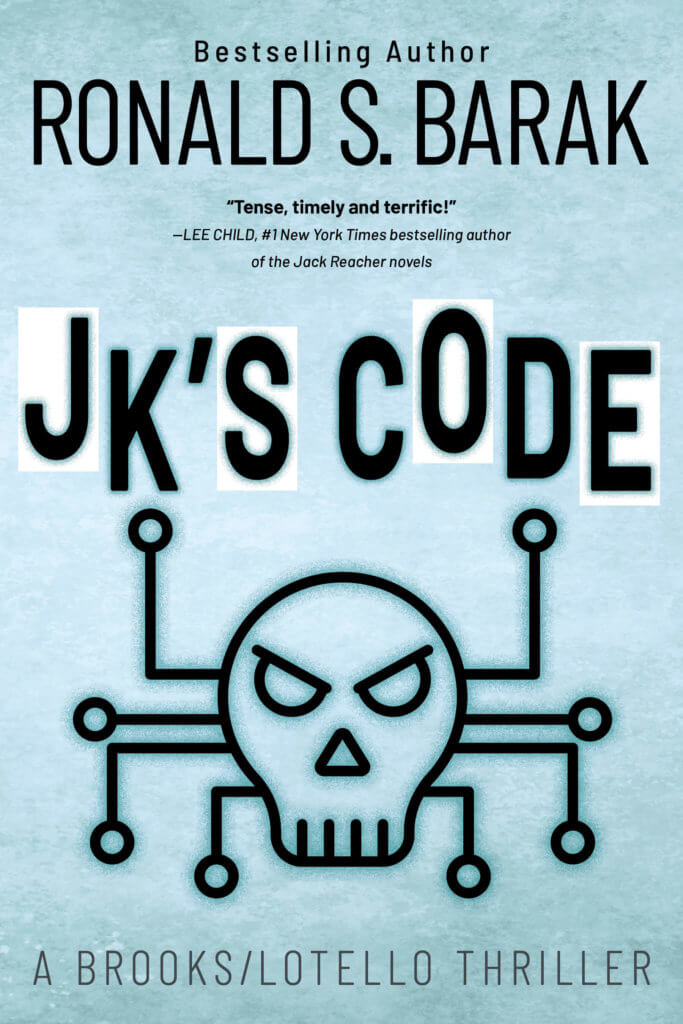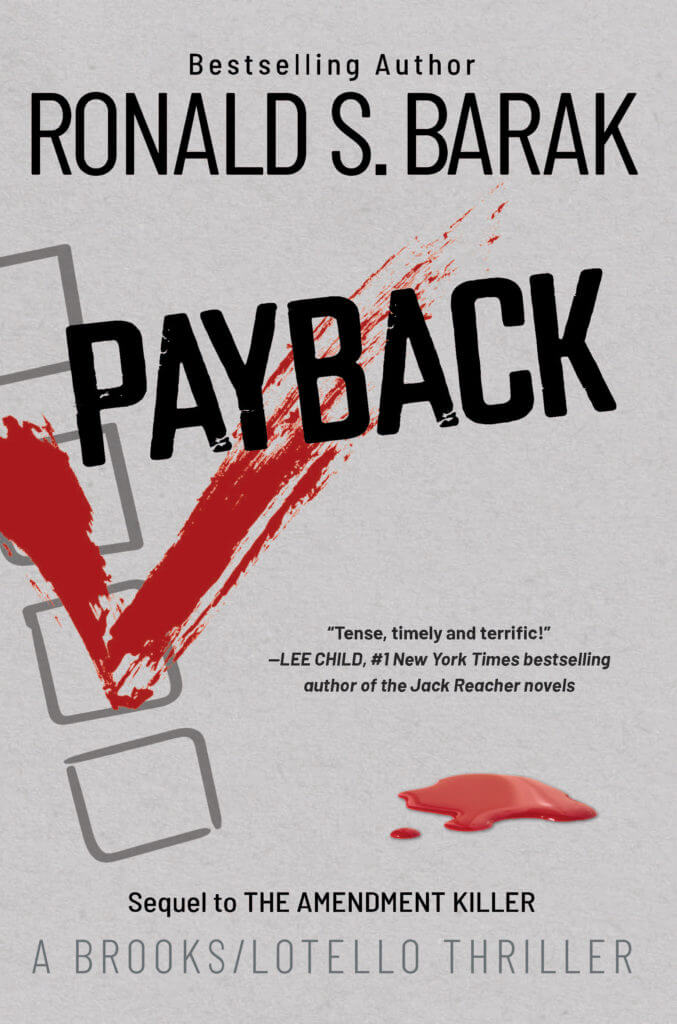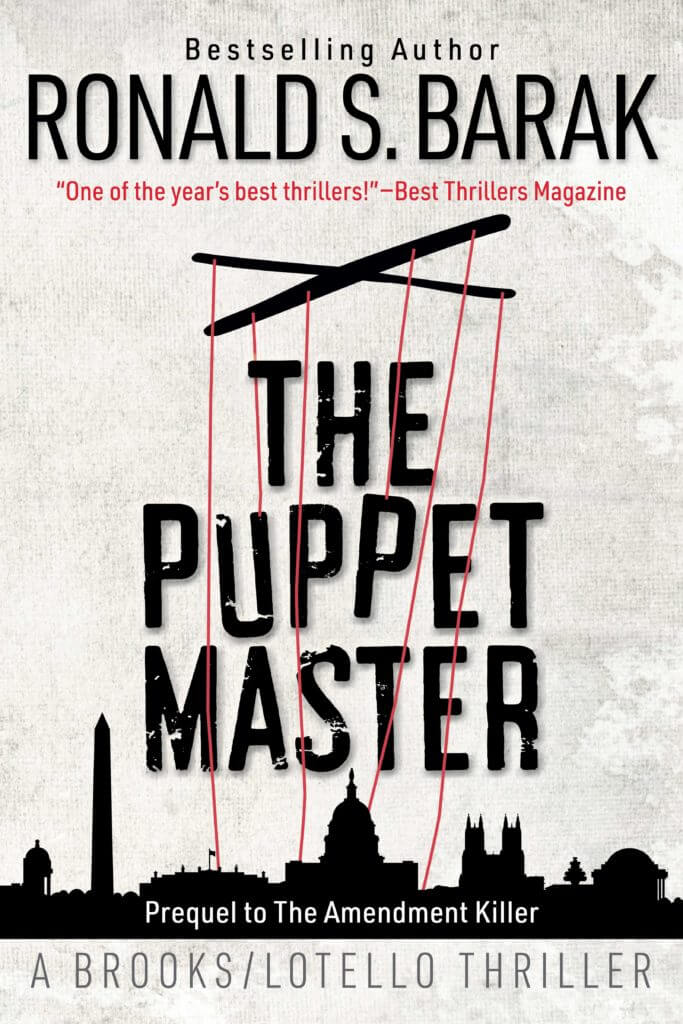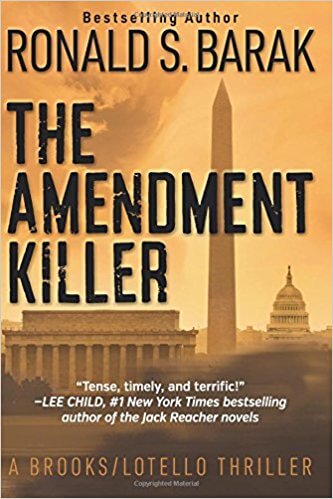The right to freely assemble, worship and speak is the cornerstone of many, but certainly not all, of our modern societies. One need look no further than the Bill of Rights appended to the Constitution of the United States. But is the right to be heard ever absolute, or “free” of consequence?
For starters, the right to speak out is clearly not absolute. In a famous 1919 Supreme Court case, Schenck v. United States, Justice Oliver Wendell Holmes reasoned in words that have been oft repeated ever since: The right to free speech is not unlimited; it will not protect one who dares to falsely yelled out “Fire!” in a dark movie theater. Free speech is simply not absolute and must yield to other important values, such as public safety. It always requires a “balancing test,” said our highest court.
In the still lingering events commonly known as WikiLeaks, Julian Assange claimed that it was his right, if not his duty, to reveal information that our government claims was trumped by “national security” values. It remains to be seen who is “right,” Mr. Assange or the U.S. government, but one thing is clear: Mr. Assange’s “speech” was not free of “civil disobedience” consequence.
Sony Pictures exercised its “right” to make a movie that made fun of the supreme leader of North Korean Premier, Kim Jong-un. Not long thereafter, Sony’s computer infrastructure was hacked and highly embarrassing private data was publicly revealed. Sony’s rights were not without consequence. And how would you balance the rights of those who published the data (but presumably did not hack it) against the rights of those whose privacy was invaded? A legal question or a moral question? Does it matter? Should it?
More recently, in Garland, Texas, the American Freedom Defense Initiative organized the inaugural Muhammad Art Exhibit and Contest that made fun of the Prophet Muhammad. The result: Violent retaliation by Islamic radicals, much the same as when French satirical newspaper Charlie Hebdo published similar cartoons. Free speech of those who published the cartoons versus the “rights” of those who were offended by the cartoons to act out on their hatred? Presumably not a hard call for most, including this writer, but the publishers’ right to speak freely was not without consequence. And how many have died over the ages in wars fought in the name freedom from religious persecution?
Very little in this world is free. There is almost always a price to be paid. Legal infrastructures can only accomplish so much. Thankfully, there will always be people of reason and common sense willing to pay the price to persevere over those who are not. Certainly Mahatma Gandhi comes to mind.
Join the discussion either by logging in just below or by signing into your favorite social media outlet. If you’re having trouble, please follow these instructions to guide you! Thanks!

